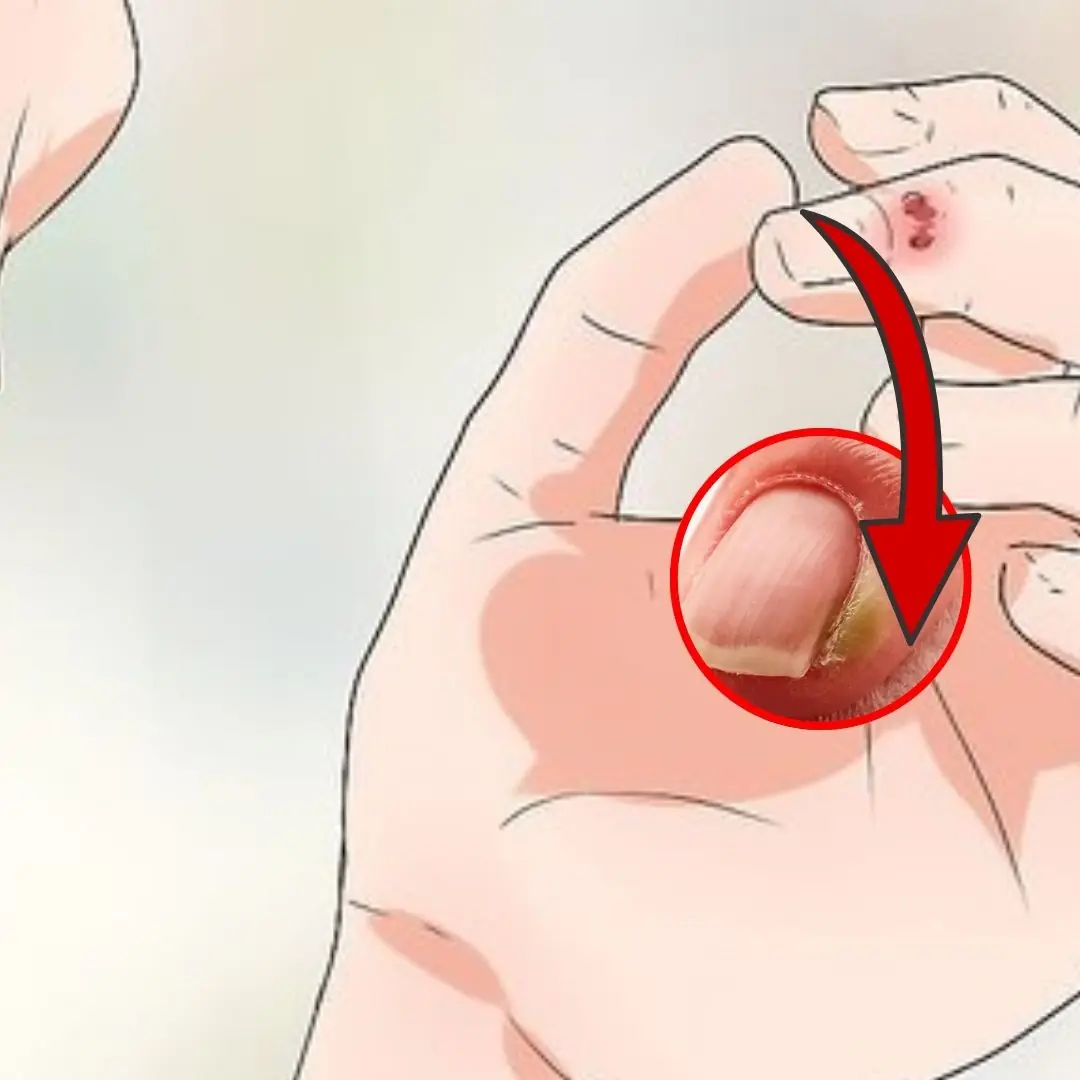
Is it healthier to use cooking oil or lard?
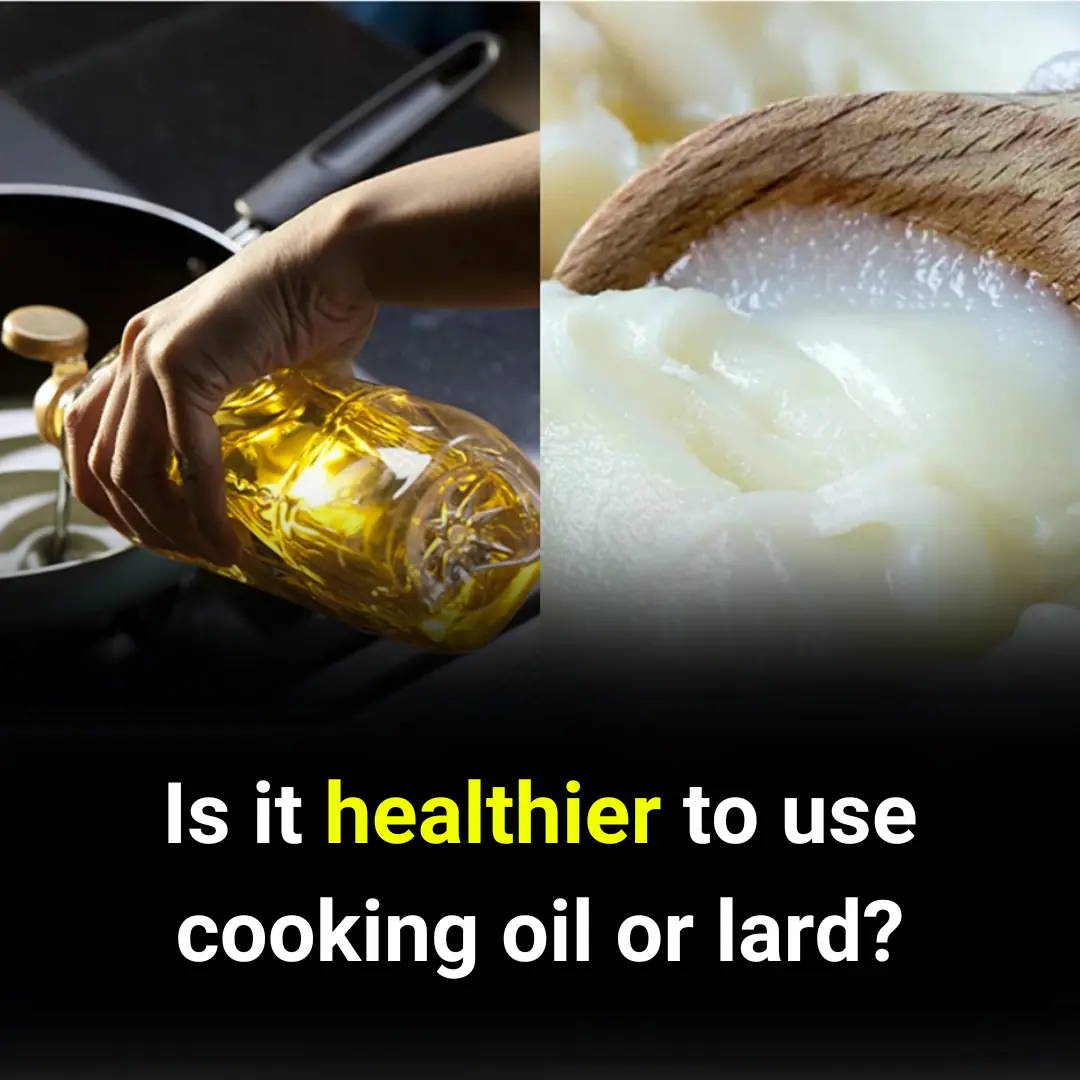
In every Vietnamese kitchen, both vegetable oil and pork lard are essential ingredients used to prepare delicious, flavorful dishes. However, the question “Is vegetable oil or pork lard better for your health?” remains a topic of ongoing debate and concern.
Health Benefits of Pork Lard
Pork lard was once considered the "king" of the Vietnamese kitchen due to its ability to add crispiness, rich flavor, and a distinctive aroma to food. It brings a deep, unforgettable taste to dishes, especially when frying, stir-frying, or sautéing. Food fried in lard also tends to have a characteristic crunch.
Lard is fairly heat-stable and less likely to degrade when used for high-heat cooking, making it safer than some vegetable oils that have low smoke points. This is important because when food starts to burn, it produces free radicals — one of the contributors to cancer development. Although not a major source, pork lard does contain a small amount of vitamin D, which is important for bone health and the immune system.
The biggest concern with pork lard is its high saturated fat and cholesterol content. Excessive consumption of saturated fats may raise LDL (bad) cholesterol levels, increasing the risk of cardiovascular diseases and atherosclerosis. Lard also solidifies at room temperature, making storage and usage inconvenient, especially in colder seasons.

Health Benefits of Vegetable Oil
With advancements in science and increasing awareness of nutrition, vegetable oils have become more popular, with a wide variety available, such as olive oil, sunflower oil, soybean oil, canola oil, and rice bran oil. Most vegetable oils are rich in mono- and polyunsaturated fatty acids (like Omega-3 and Omega-6). These fats are believed to be heart-healthy, helping to reduce bad cholesterol and increase good cholesterol (HDL).
Unsaturated fats have been shown to lower LDL cholesterol and may raise HDL cholesterol, thus reducing the risk of cardiovascular diseases. Since vegetable oils contain zero cholesterol, they are an ideal choice for those on cholesterol-lowering diets. Vegetable oils also remain liquid at room temperature, making them easier to measure and store.
However, not all vegetable oils are suitable for deep frying. Some, like extra virgin olive oil, have low smoke points and may degrade under high heat, producing harmful compounds and losing nutritional value. Additionally, some refined vegetable oils go through heavy processing, which may strip away natural nutrients and antioxidants.
So, which is better — vegetable oil or pork lard?
In reality, there's no absolute answer. The best choice depends on the intended use, personal health condition, and overall dietary habits.
If you have a history of heart disease, high blood pressure, or need to control cholesterol levels, you should limit pork lard and prioritize vegetable oils rich in unsaturated fats, such as olive oil, canola oil, or rice bran oil. If you’re healthy and want to enjoy traditional flavors, you can consume pork lard in moderation, alternating it with vegetable oils.
Tips for Using Pork Lard and Vegetable Oil:
-
Use a variety of fats: Instead of relying on one type, rotate between vegetable oils and pork lard (if your health permits) to take advantage of their unique benefits.
-
Choose healthier cooking methods: Limit deep-frying. Instead, favor steaming, boiling, or baking to reduce fat intake.
-
Don’t reuse oils/fats multiple times: Heating oil or lard repeatedly at high temperatures can cause them to degrade and produce harmful compounds.
-
Control portion sizes: Whether it’s vegetable oil or pork lard, all fats are calorie-dense. Moderation is key to maintaining a healthy weight and overall wellness.
News in the same category


Ever seen red-tipped bananas in Europe? Here’s why they look that way

When You Propose, Why Do You Get Down On One Knee? Exploring The Tradition Behind The Romantic Gesture

Drinking cold water at these 5 times can easily cause illness, no matter how much you like it, you should stay away from it

8 Early Signs of Mild Kid.ney Failure That Many People Ignore

Drinking Fresh Ginger Juice in the Morning Offers 5 Special Benefits

4 familiar traditional leaves that help de.t.o.x and cleanse the lu.ngs
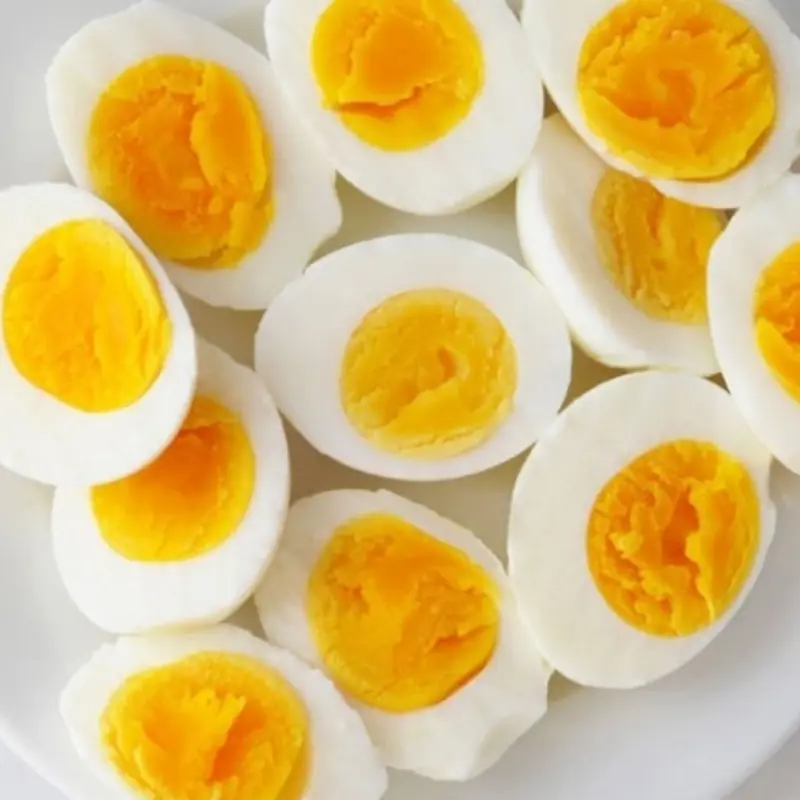
Top 5 Everyday Foods That Help Women Reduce Excess Fat After 40

Avoid These 3 Mistakes That Waste Electricity and Harm Your Health
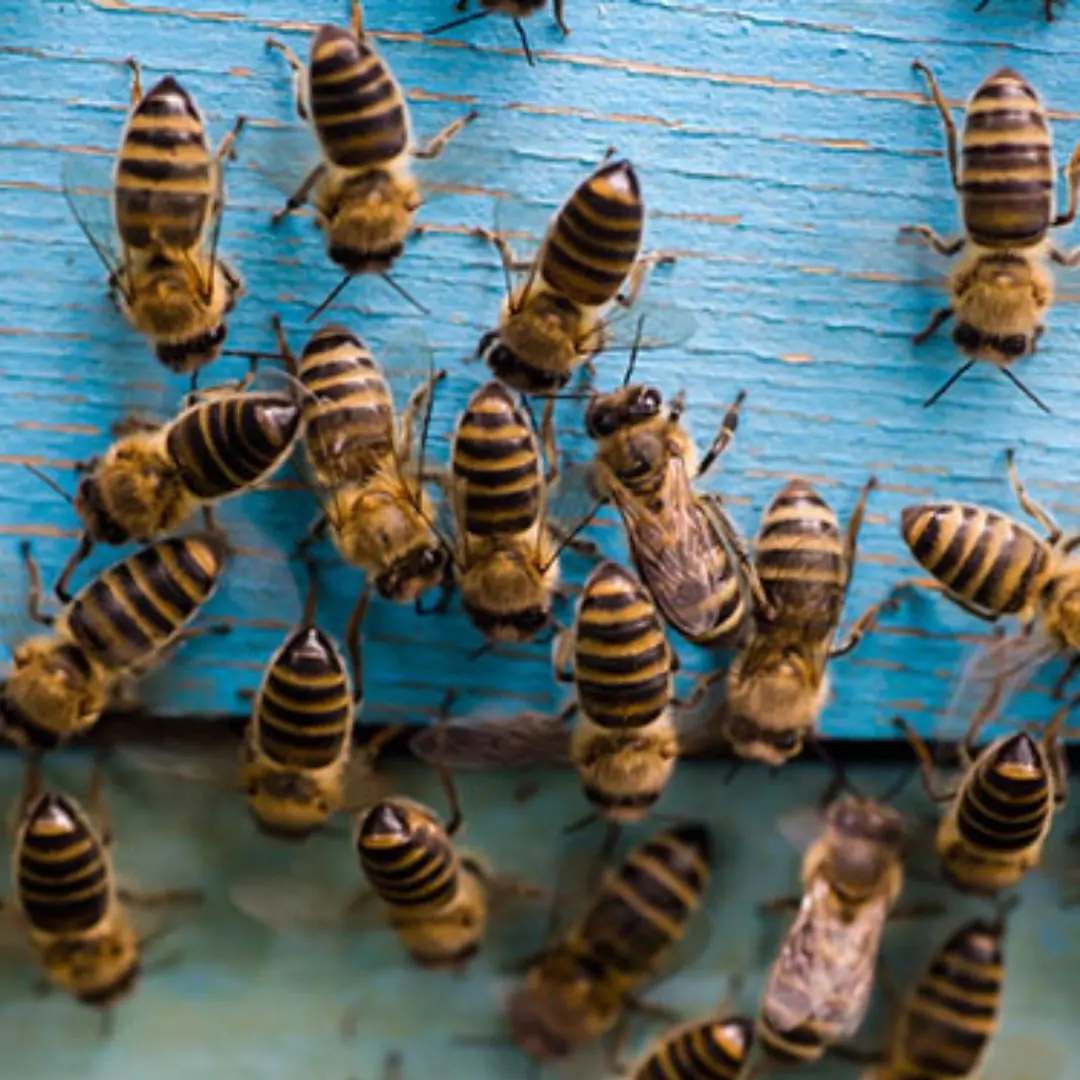
Is Your Home a Hidden Hive? 5 Signs of a Bee Infestation
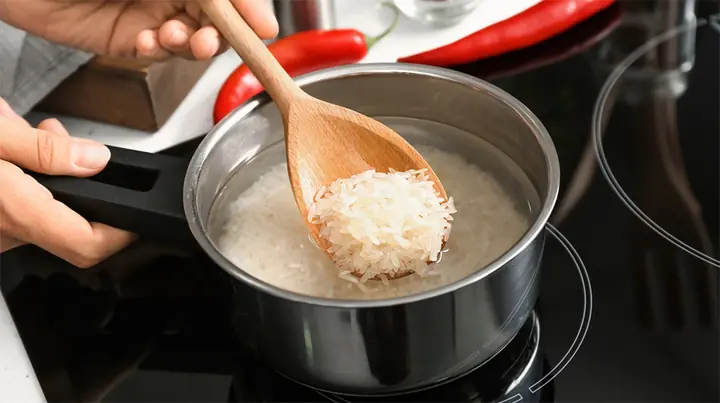
Cooking Rice with Hot or Cold Water?

The Unpleasant Truth: 5 Familiar Items That You Think Are Clean But Are NOT, The Dirtiest Is Number 4 That Everyone Uses

Thy.roid Can.cer Is a Silent Threat: 6 Groups of People Are at Higher Risk and Must Be Cautious

Warning: The Cup Many People Use to Drink Water Every Day Is No Different from “Drinking Poison”
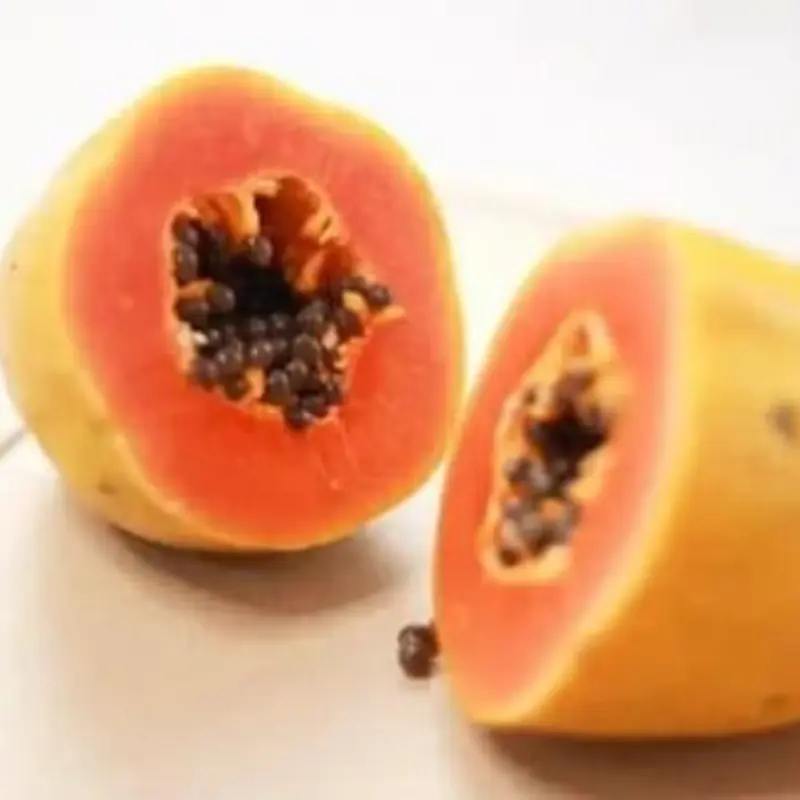
Eat These 5 Foods to Cleanse and Detox Effectively Every Day
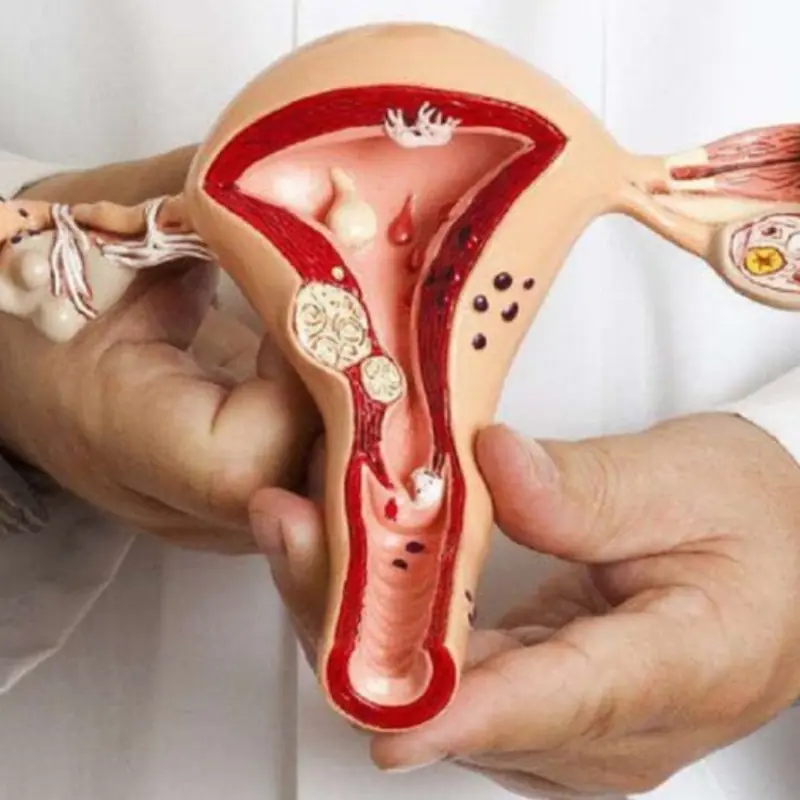
5 earliest signs of cer.vical can.cer: 90% of women tend to ignore them
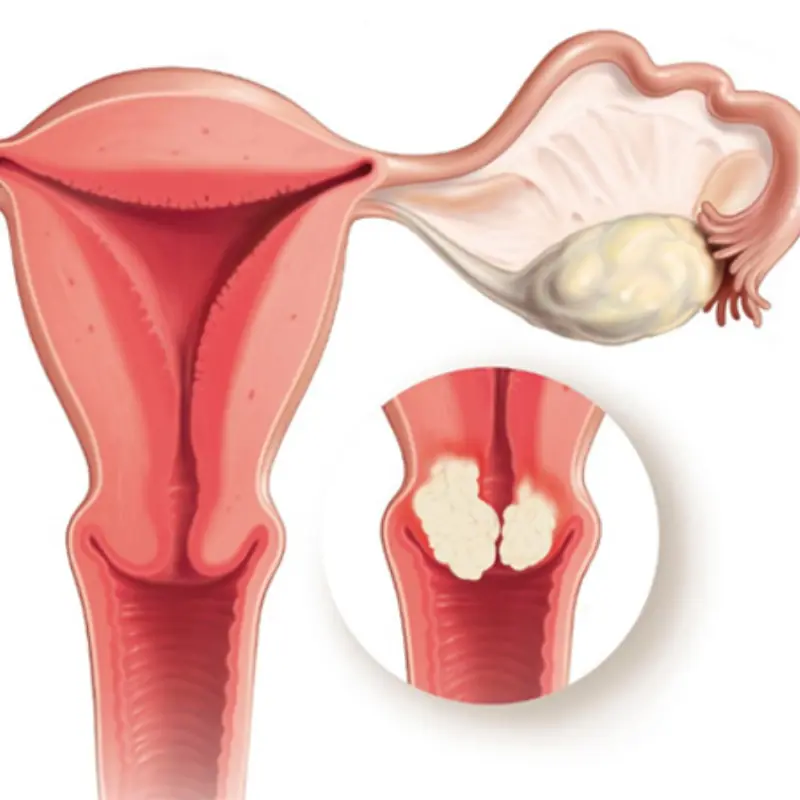
Women Who Frequently Eat These 5 Foods May Be Harming Their Uterus and Feeding Cancer Cells Without Knowing It
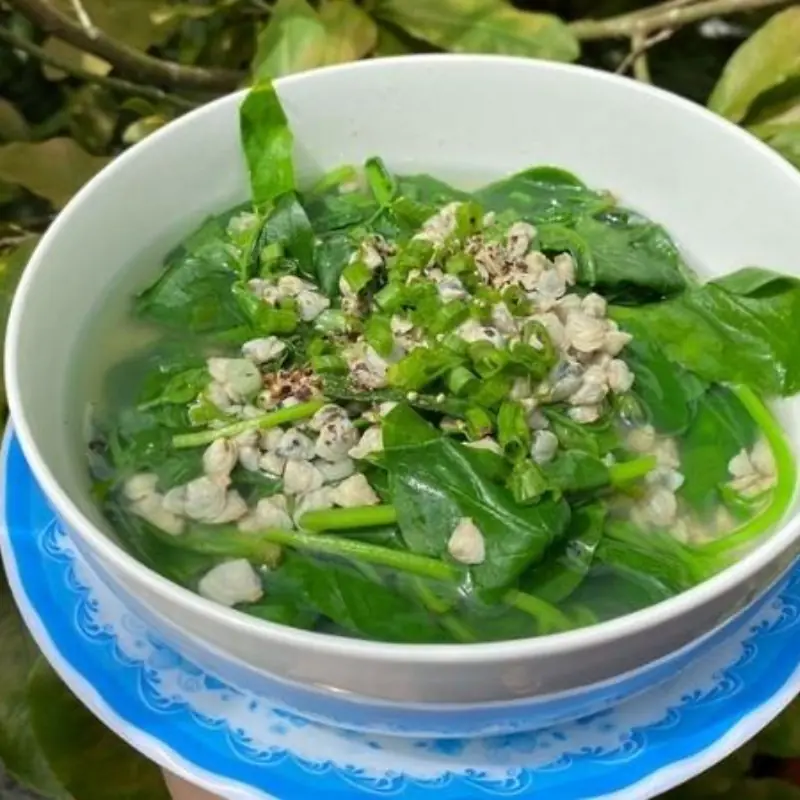
3 Calcium-Rich Vegetables That Are Almost Pesticide-Free

Why do 99% of cats sleep on their left side?
News Post

Can a plane in the sky be struck by lightning? Are the passengers inside safe?

Tsunami and its warning signs, essential for those who often go to sea

Ever seen red-tipped bananas in Europe? Here’s why they look that way
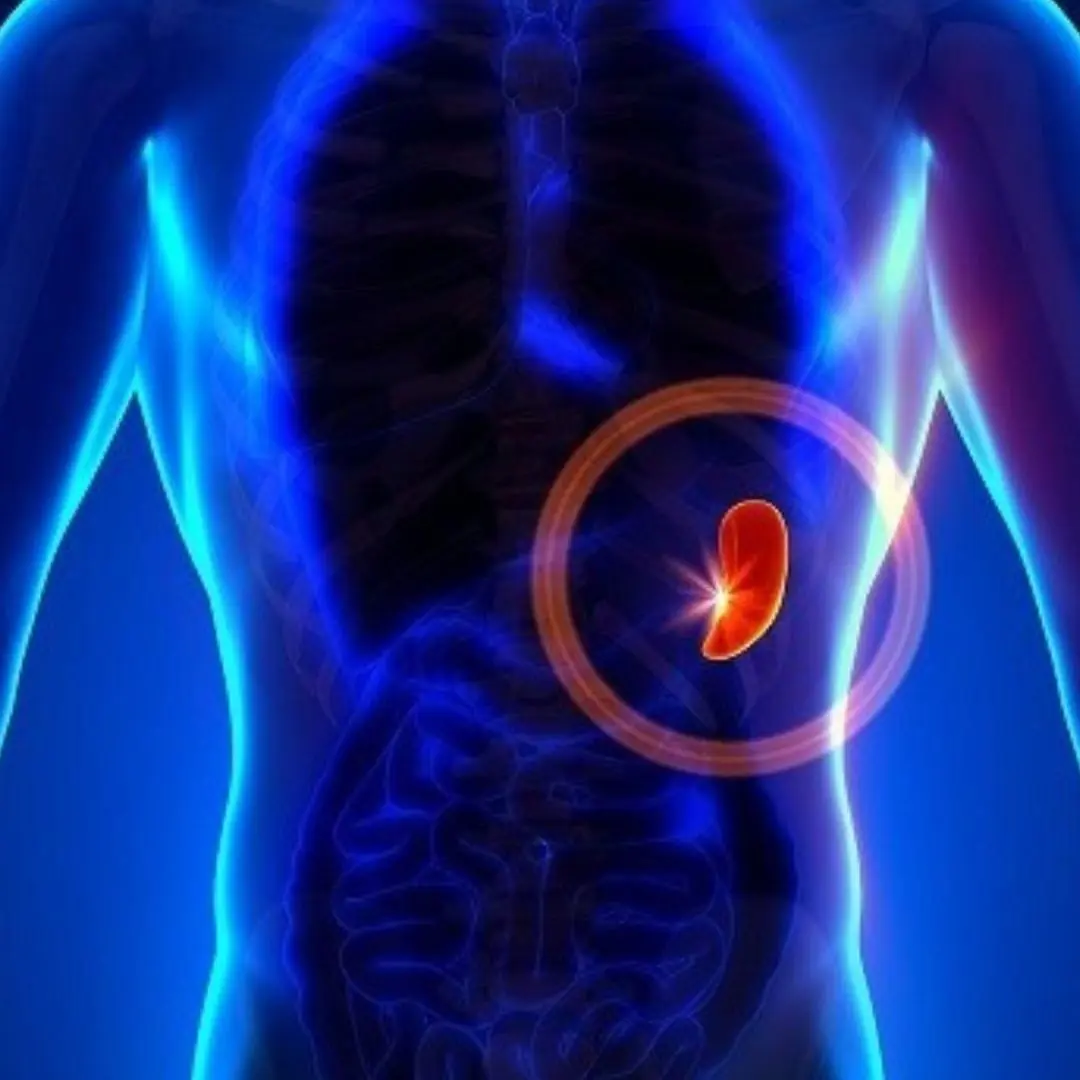
Spleen Cancer: A Rare But Dangerous Disease – You Need To Know!

When You Propose, Why Do You Get Down On One Knee? Exploring The Tradition Behind The Romantic Gesture

Drinking cold water at these 5 times can easily cause illness, no matter how much you like it, you should stay away from it

Achy Mornings? Here’s What Your Body’s Trying to Tell You — And How to Fix It

8 Early Signs of Mild Kid.ney Failure That Many People Ignore

Drinking Fresh Ginger Juice in the Morning Offers 5 Special Benefits

4 familiar traditional leaves that help de.t.o.x and cleanse the lu.ngs

Top 5 Everyday Foods That Help Women Reduce Excess Fat After 40

5 Pancreatic Can.cer Symptoms Often Mistaken for Sto.mach Issues

5 Types of Drinks That Can Harm Your Liv.er and Kid.neys at Night
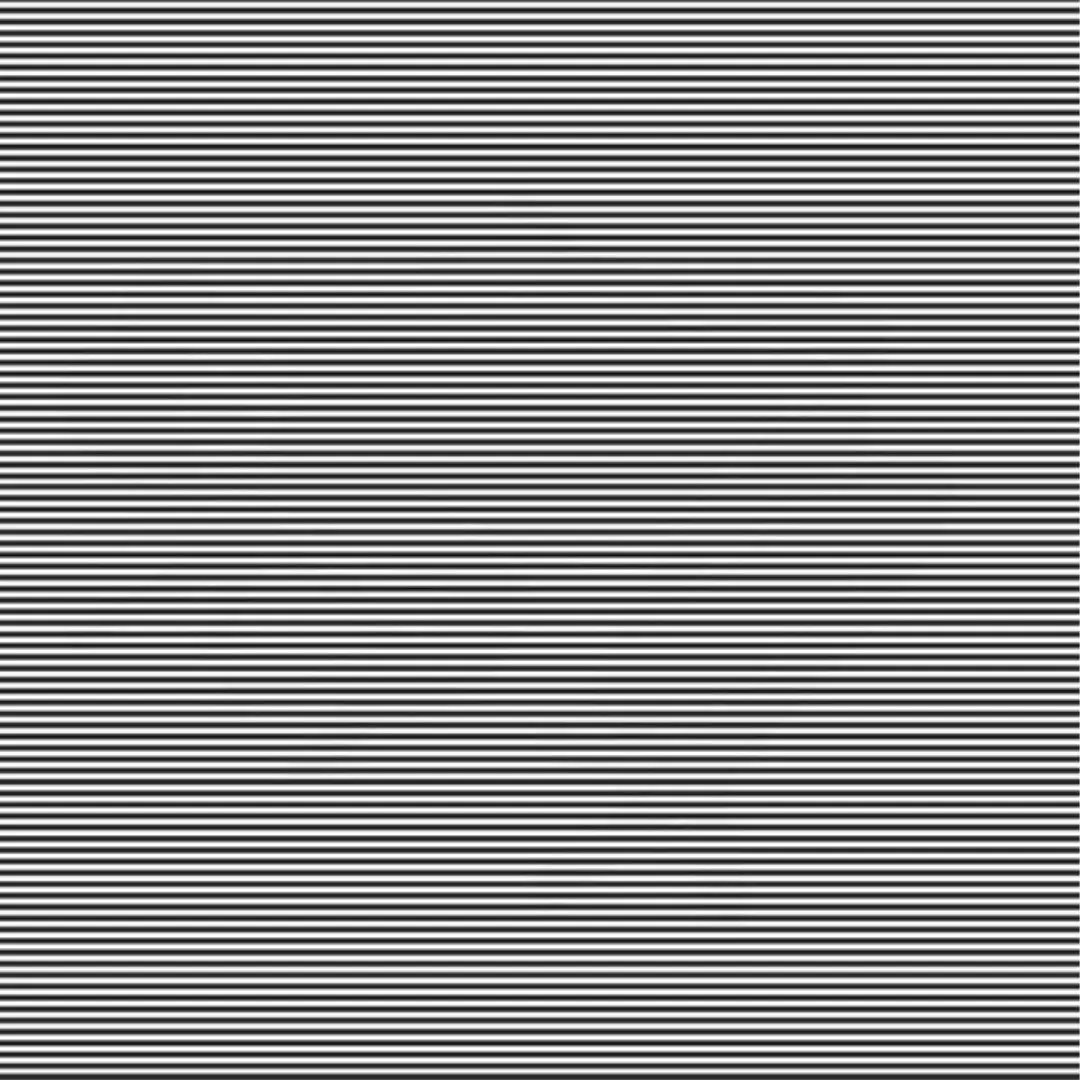
Squint your eyes and guess what animals are hiding behind these illusions

Avoid These 3 Mistakes That Waste Electricity and Harm Your Health
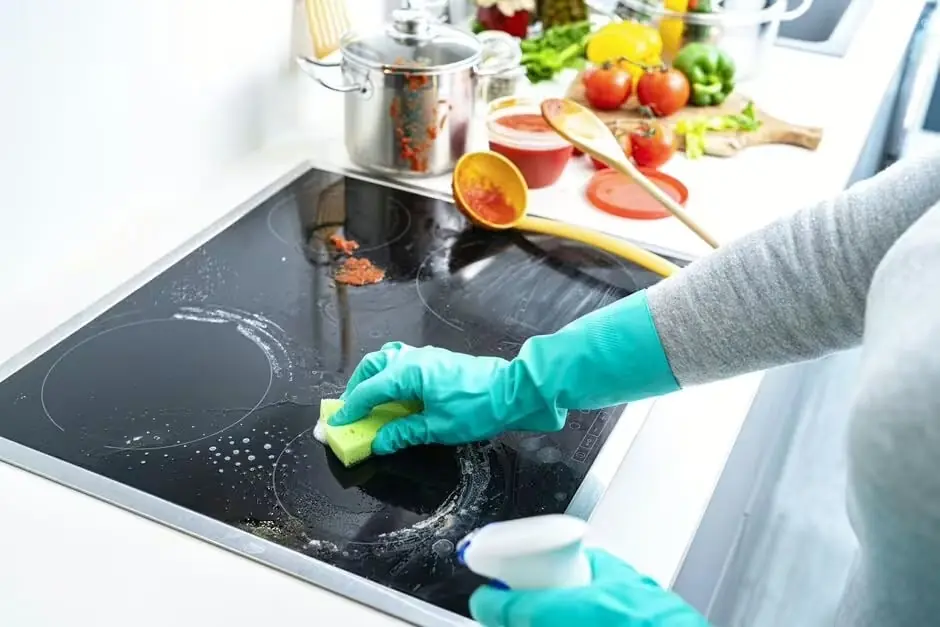
The secret to removing stubborn stains on glass stovetops without scratching the surface
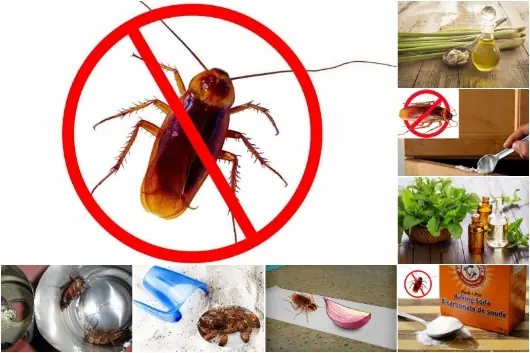
A Dirt-Cheap Kitchen Item Is the Ultimate Cockroach Kil.ler
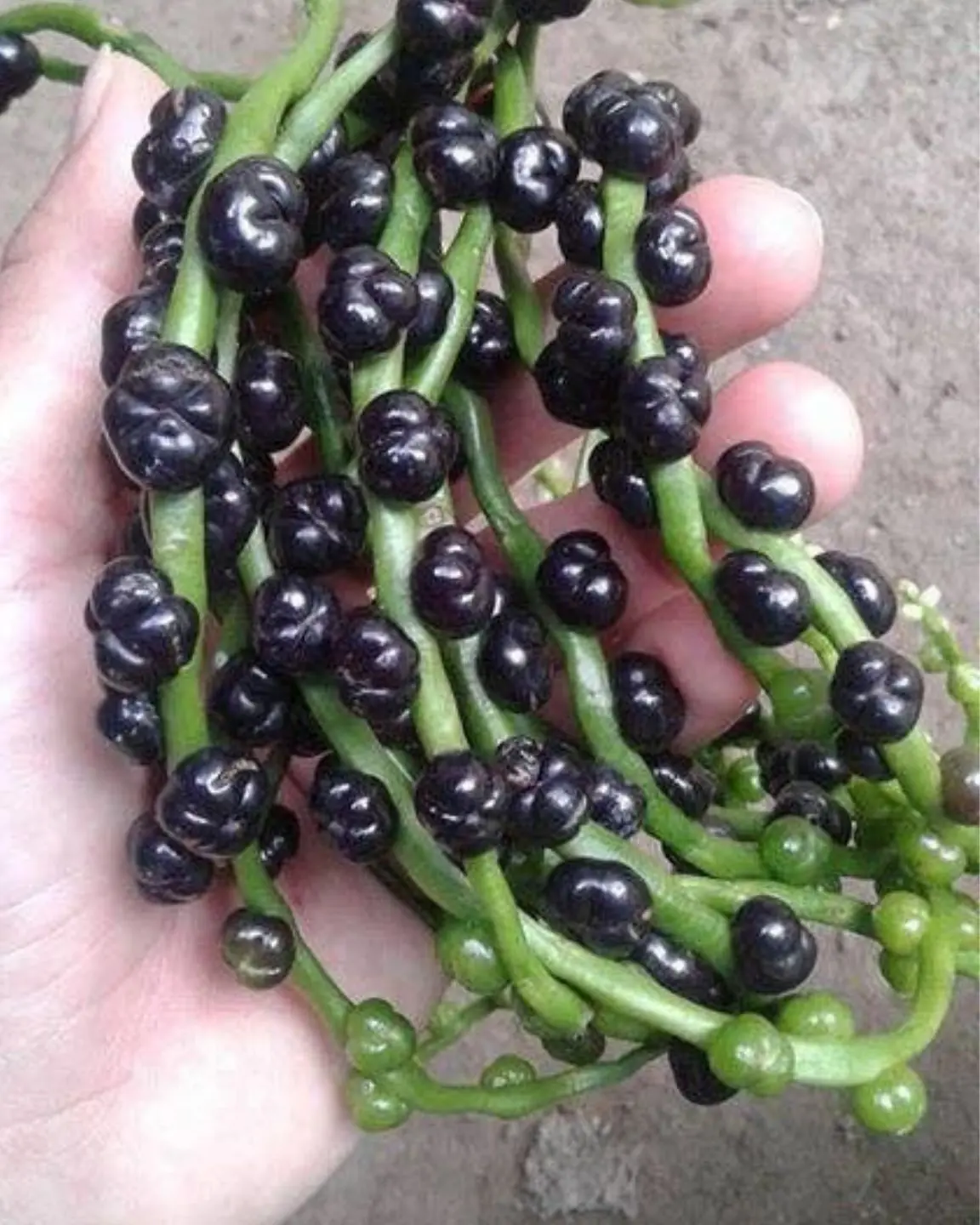
Only 1% of people guess correctly this fruit associated with childhood – are you one of them?
